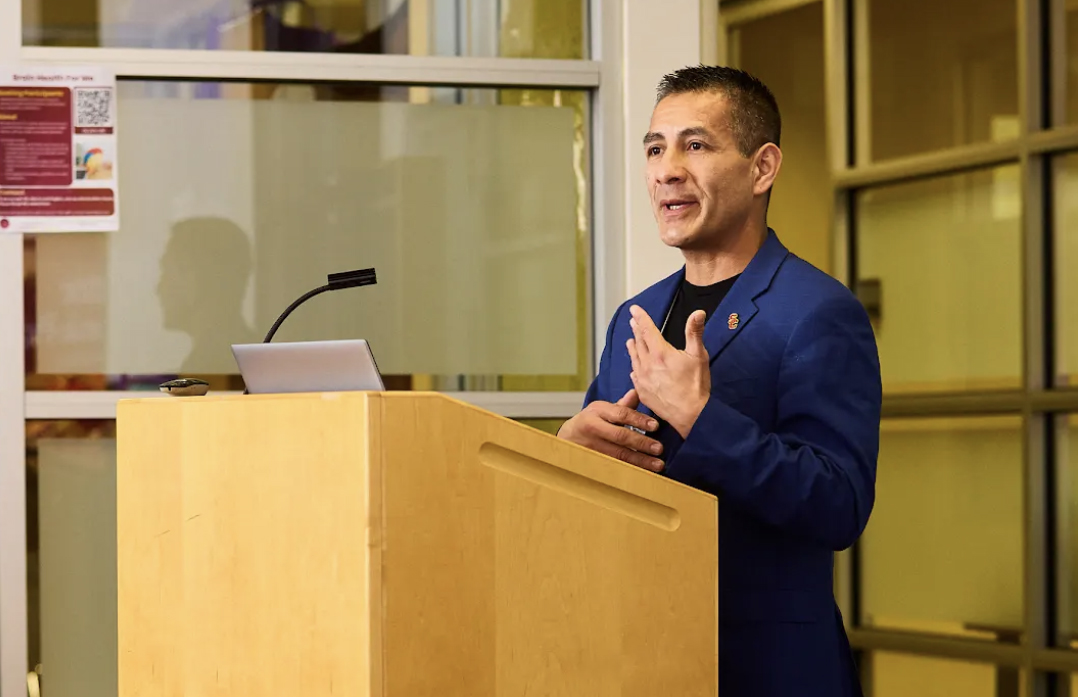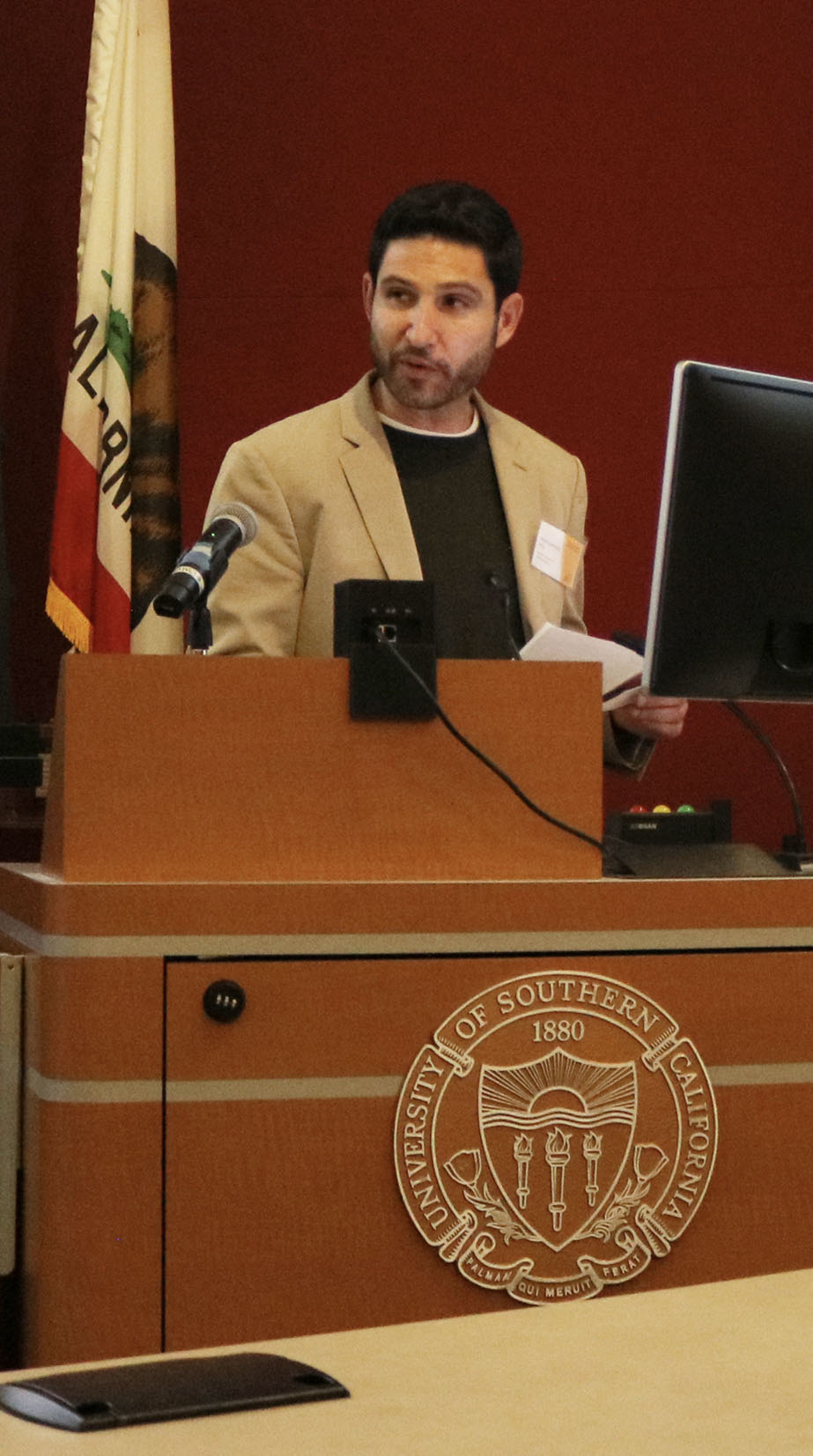Transdisciplinary
Science
IAS cultivates new addiction research collaborations that cross disciplines and produce timely evidence designed to innovate science and benefit individuals, communities, and populations.
Advanced Training
& Education
We are proud to develop novel addiction science training and education programs for members of the broader USC community and the residents of Southern California.
Community Engagement
The USC Institute for Addiction Science listens to communities and disseminates evidence-based knowledge to increase awareness, counteract stigma, and transform policy.
Vision & Mission
Our Vision: The vision of IAS is to pioneer the cross-cutting academic paradigm of “addiction science,” which integrates all disciplines and professions toward a common goal of saving millions of lives and helping thousands of communities affected by addiction.
Our Mission: By providing an infrastructure to support synergy and collaboration, the mission of IAS is to generate high-impact research, education, and community engagement programs that contribute to the end of the current addiction crisis and prevent future epidemics.

Education Programs
We offer world-class addiction science education programs that empower students and faculty to capitalize on their potential. We foster future generations of addiction professionals who value rigor and real-world impact and are uniquely equipped to lead efforts that prevent addiction epidemics.
Master of Addiction Science
Minor in Addiction Science
Training Programs
Addiction Science Courses
Addiction Counseling Certification
Student & Trainee Spotlight
Donate and help us end the addiction epidemic
Support the USC Institute for Addiction Science in its vital mission to combat addiction. Your donation fuels groundbreaking research, comprehensive education, and impactful programs aimed at ending the current addiction crisis and preventing future epidemics. With your help, we advance innovative treatments, educate future leaders, and implement evidence-based initiatives to empower individuals and communities towards healthier, fulfilling lives.
Addiction is a global health issue that affects individuals, families, and communities, contributing to socioeconomic burdens and public health crises. By investing in research, we can uncover underlying biological, psychological, and social factors contributing to addiction, paving the way for innovative approaches to address substance abuse disorders. Ultimately, advancements in addiction research can save lives, reduce societal costs, and alleviate the widespread suffering caused by addiction, thereby promoting healthier and more resilient communities worldwide.
Join us in creating lasting change and breaking the cycle of addiction.

Advancing Our Mission
By providing an infrastructure to support synergy and collaboration, the mission of IAS is to generate high-impact research, education, and service programs that measurably advance the science, prevention, and treatment of addiction.
Faculty Members
Different Schools
Addiction Related Research Grants in 2023
Addiction Related Scientific Articles Published in 2023
Federal and International Policies Changed

We’re addressing a complex problem …
Addiction is not a simple disease that will be cured by one miracle treatment. It is a complex problem caused by the intersection of genetics, neurochemical changes, trauma and stress, social injustices, commercial interests, ineffective treatments, and suboptimal public policies. To combat addiciton epidemics and their diverse causes, academic siloes that have historically separated addiction scholars from distinct disciplines must come down. Scholars from all areas of academia must come together to develop solutions.

… with a collaborative solution.
To shift the paradigm of how academia approaches addiction, IAS pioneered an application of a non-traditional model in academia called the “matrixed unit.” IAS and other matrixed units do not operate as standalone academic departments or schools, which naturally divide scholars by discipline. Instead, IAS scholars hold dual complementary roles in the Institute and in their home department, which fosters cross-discipline interaction and overcomes traditional siloes inherent to academia. IAS provides the infrastructure and resources for transdisciplinary research, education, clinical services, and community engagement to reduce addiction.

We are advancing science, treatment, and policy to improve the lives of those touched by addiction.
The USC Institute for Addiction Science is the nation’s first university-wide transdisciplinary addiction science institute. We aim to break down silos that have historically prevented scholars and practitioners from different disciplines from working together. Join us!
Let's connect!
Connect with us on Instagram
Link to us on LinkedIn
Subscribe on YouTube



